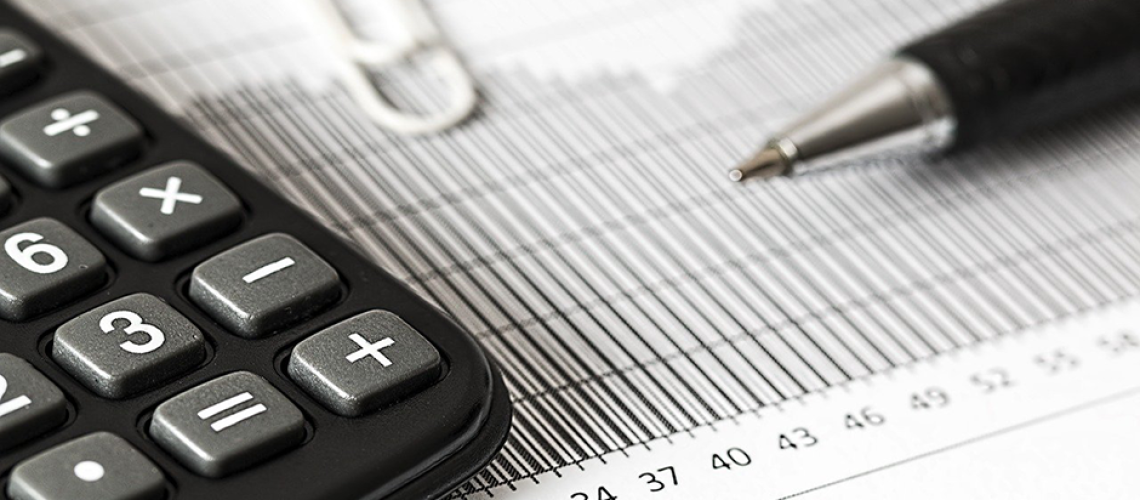
Spotlight Interview
Donna Kennedy Slattery’s Inspiring Journey to Empowerment
A Trailblazer in Personal Growth and Women’s Empowerment Donna Kennedy Slattery, an eight-time best-selling author, psychologist, and influential advocate for



A Trailblazer in Personal Growth and Women’s Empowerment Donna Kennedy Slattery, an eight-time best-selling author, psychologist, and influential advocate for

Discover how to support your child’s neurological development, critical thinking, emotional regulation, and overall success. 📅 Date: Sunday, 2nd February

🎄 Date: 15 December 2024 🕙 Time: 10:00 AM – 4:00 PM 📍 Location: Sheepmoor Ave, Blakestown, Dublin, D15 F978,
WhatsWhat.ie is Soooo Much More Than Just a Directory of Irish Businesses.
Register today and join our Growing Community of over 100,000 Business Owners.
YOUR Business is OUR Priority
01 531 11 21